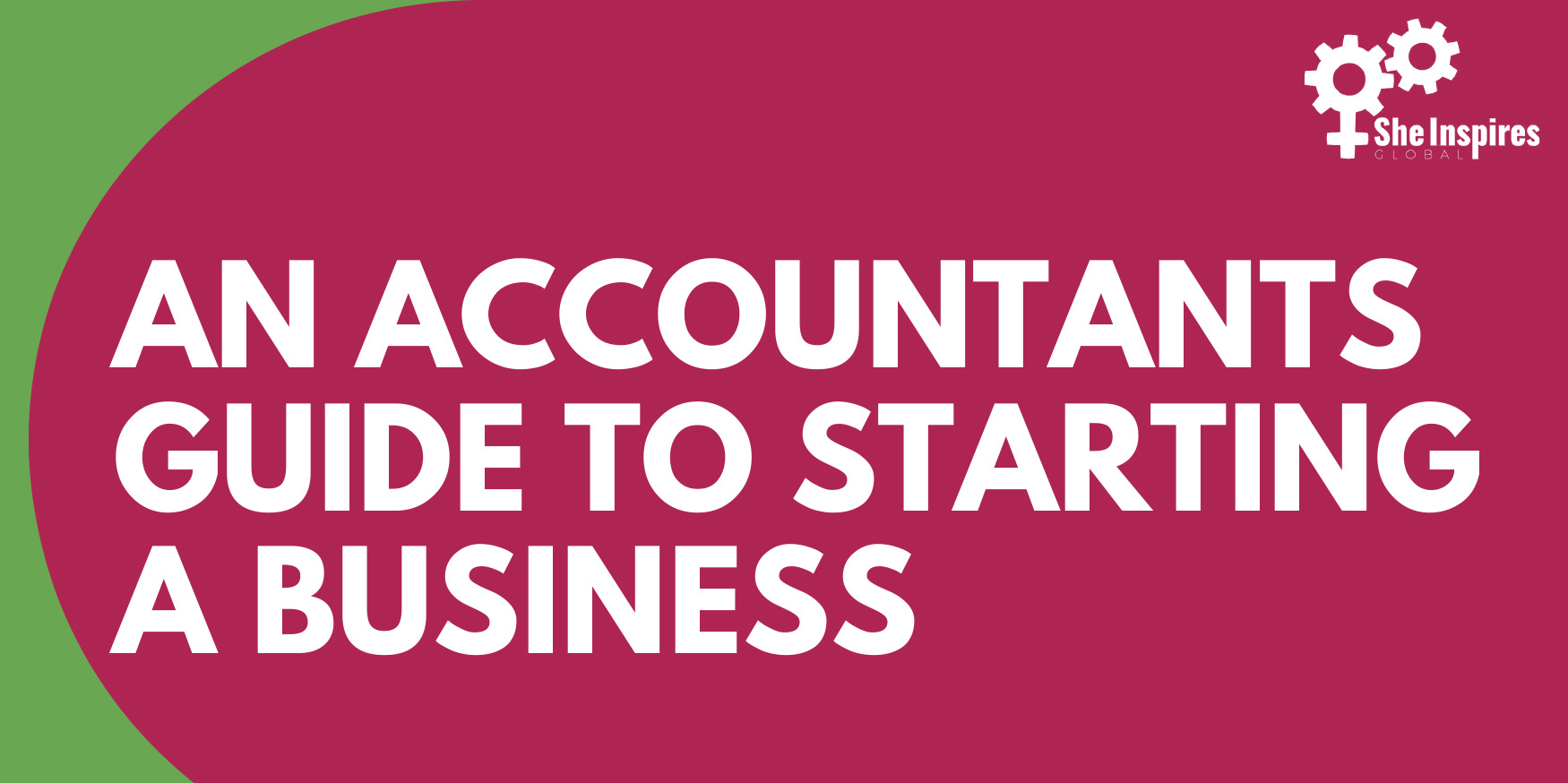An accountants guide to starting a business
Posted on 19th April 2023
There are many aspects to starting a business that can seem daunting when you’re setting up. Imran Sattar of AIMS Accountants gives us a step-by-step guide to what to consider.
1. Brainstorm your idea
A great idea is the reason you decided to strike out on your own and start a business. You'll need to refine and test that idea to make sure it’s a viable option.
2. Conduct market research
Many businesses fail because there is no market need. To prevent this, you'll need to have a clear understanding of how and where your business idea fits in the market. Conduct thorough market research on everything from potential customers to industry-related reports and statistics.
3. Write up a business plan
An organised plan is essential. At its core, a business plan serves as a roadmap for how to structure, operate and manage your new venture. It also helps attract potential partners, investors and banks, and lets you break down the cost of starting a business.
4. Choose a legal structure
The most common types of businesses are:
Sole trader: A business owned by one individual, who takes all legal responsibility
Partnership: The formal agreement between two or more people who work together toward a common goal
Limited company: An organisation legally considered to act as a single entity
5. Check out competitors
You'll need to analyse your competition. Conducting competitive research helps you learn about the market, your potential customers and forecast industry trends. It will also help you predict how others will perceive you and make improvements to your own venture. Most importantly, you'll learn what other companies did right and which mistakes to avoid.
6. Apply for your tax UTR
As a registered UK business, you're going to need to apply for an identification number from HMRC called a Unique Tax Reference (UTR).
This is how your business is recognised by the government when it comes to paying taxes.
7. Set up an accounting system
The right bookkeeping system will help you maintain a good record of what you owe and own.
With a bank account, you will be able to accept payments and pay your creditors. You will also be required to set up a business bank account that’s separate from your personal one.

Share this post:

